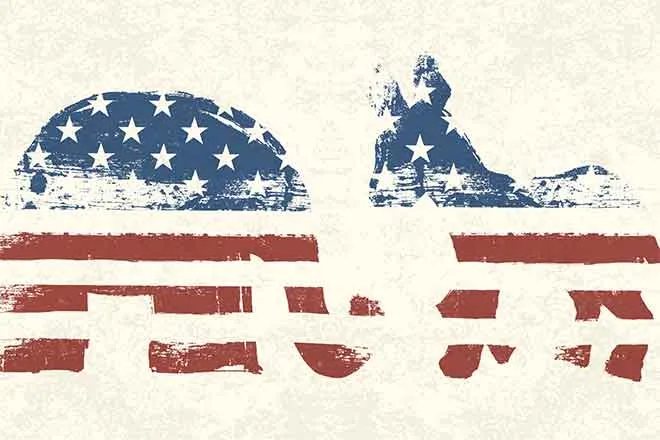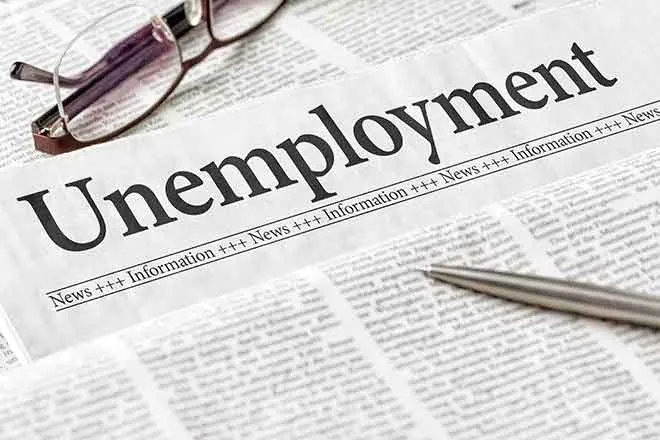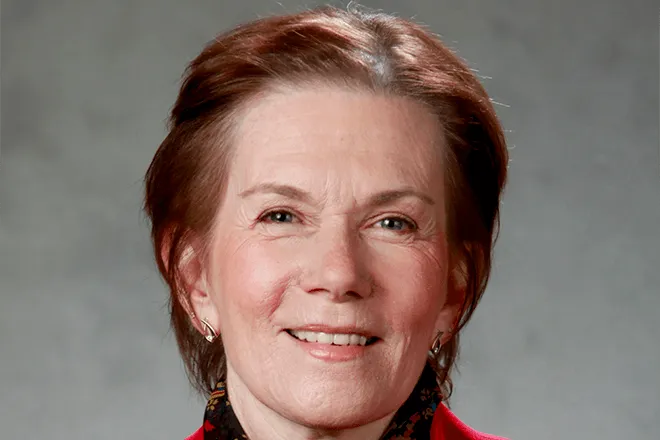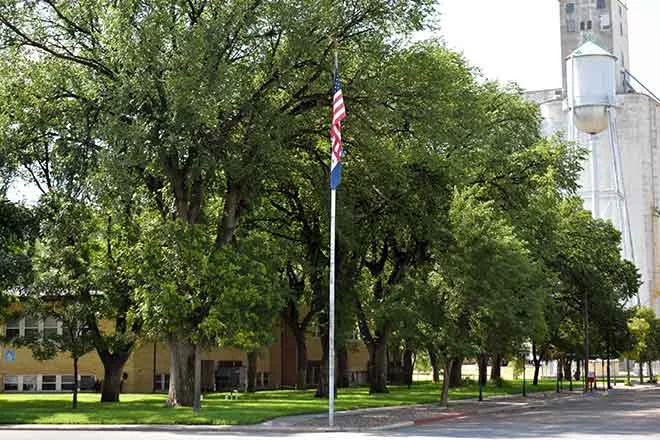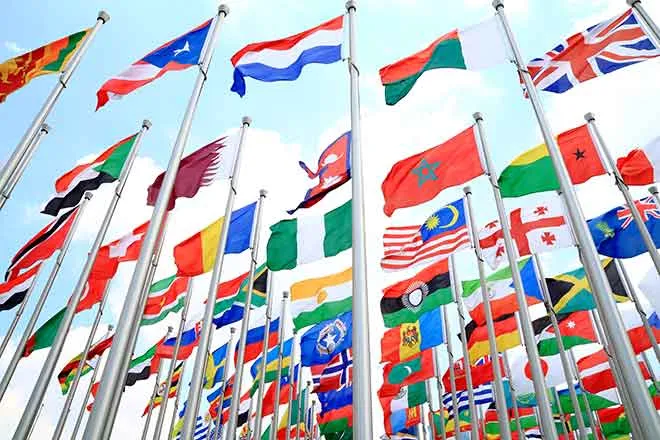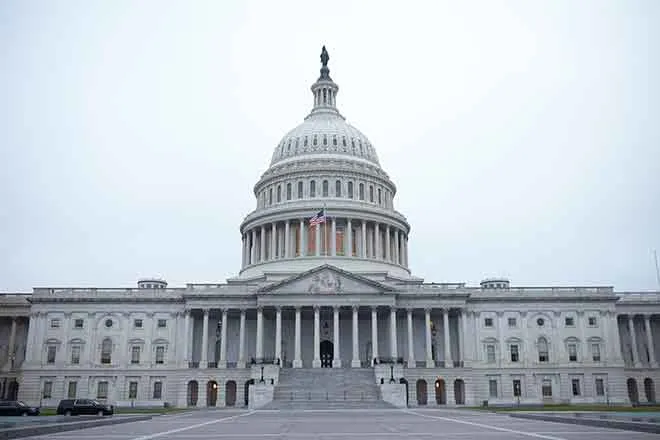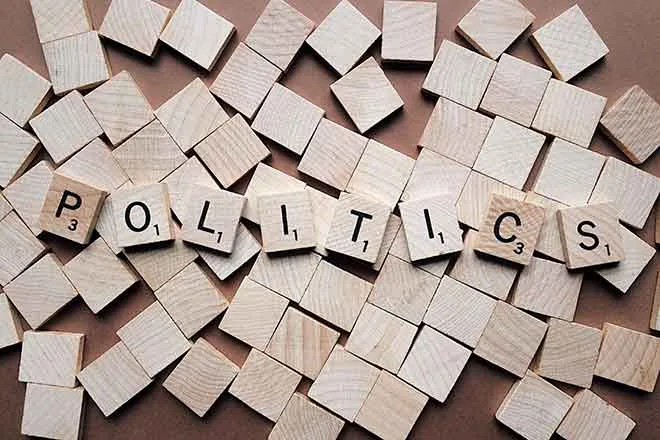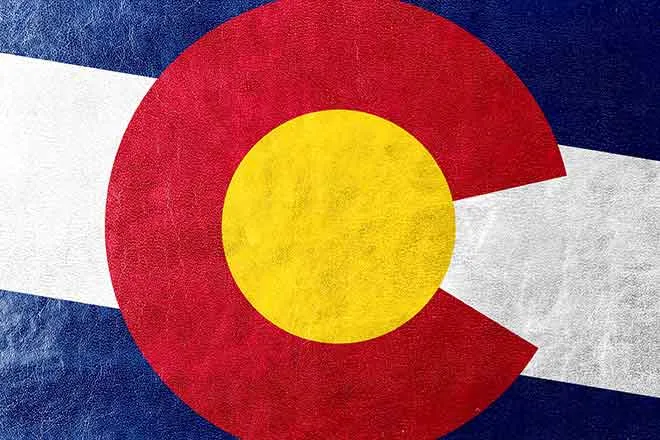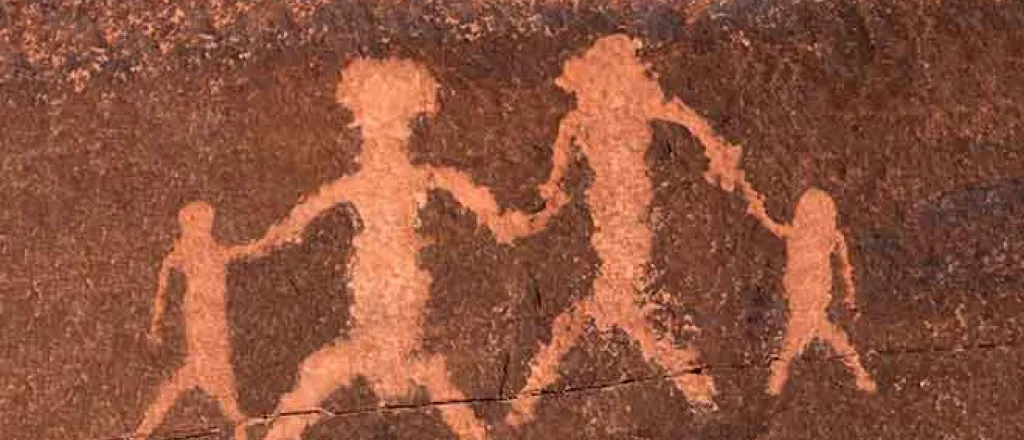
Tribal advocates keep up legal pressure for fair political maps
Click play to listen to this article.
(Prairie News Service) Across the U.S., most political boundaries tied to the 2020 Census have been in place for a while, but a national project on map fairness for Indigenous populations continues to fight for changes, with North Dakota at the center of the movement.
When states did their redistricting a few years ago, the Native American Rights Fund launched its Fair Districting in Indian Country effort. It provides resources and legal representation to tribal communities worried about newly drawn districts which could suppress their voting power.
© iStock - wildpixel
Michael Carter, staff attorney for the group, said there has been a lot of activity.
"Just from this redistricting cycle alone, tribes have stepped up and decided that what these state and county governments are doing is not right," Carter explained.
He pointed to several cases with various levels of success, including two high-profile ones from North Dakota. One resulted in a new legislative map for the 2024 election. The state is appealing the decision, arguing the plaintiffs lacked the authority to submit a challenge. The Native America Rights Fund expects oral arguments within the next few months.
Carter pointed out a section of the Voting Rights Act is often at the center of these cases, with tribal advocates arguing some state and local governments are not honoring language prohibiting voter discrimination. He said there is a separate movement out there trying to reverse the progress.
"The national implications are there, just from the attention it's getting from all the other states that are filing these briefs in the appeals courts, seeking to undo the wins that Native voters got in the lower courts," Carter observed.
A group of Republican attorneys general contends private groups and individuals do not have the right to file lawsuits under Section 2 of the Voting Rights Act. But Carter countered there's a separate provision, used in the North Dakota case, which does provide the opportunity. His group and its partner organization, the Campaign Legal Center, said their movement has ushered in a new generation of Native American lawyers to fight for civil rights in the years to come.

